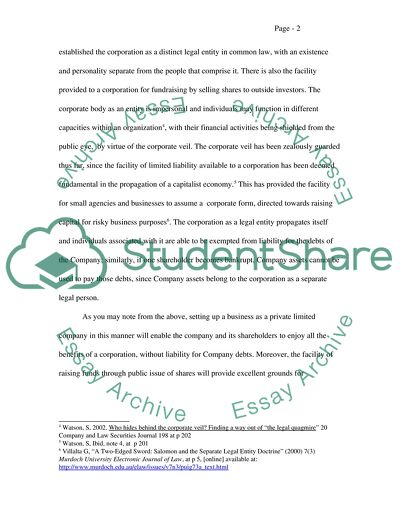Cite this document
(The Case from Business Law Study Example | Topics and Well Written Essays - 2000 words, n.d.)
The Case from Business Law Study Example | Topics and Well Written Essays - 2000 words. Retrieved from https://studentshare.org/law/1706417-business-law-coursework
The Case from Business Law Study Example | Topics and Well Written Essays - 2000 words. Retrieved from https://studentshare.org/law/1706417-business-law-coursework
(The Case from Business Law Study Example | Topics and Well Written Essays - 2000 Words)
The Case from Business Law Study Example | Topics and Well Written Essays - 2000 Words. https://studentshare.org/law/1706417-business-law-coursework.
The Case from Business Law Study Example | Topics and Well Written Essays - 2000 Words. https://studentshare.org/law/1706417-business-law-coursework.
“The Case from Business Law Study Example | Topics and Well Written Essays - 2000 Words”. https://studentshare.org/law/1706417-business-law-coursework.


